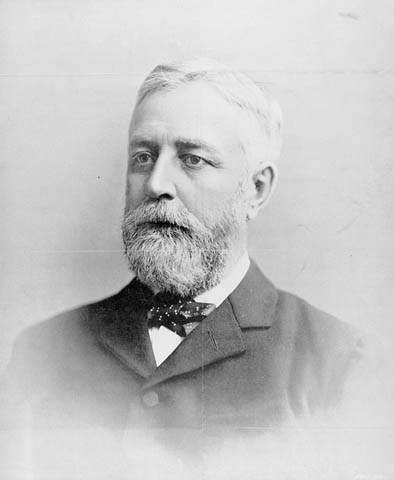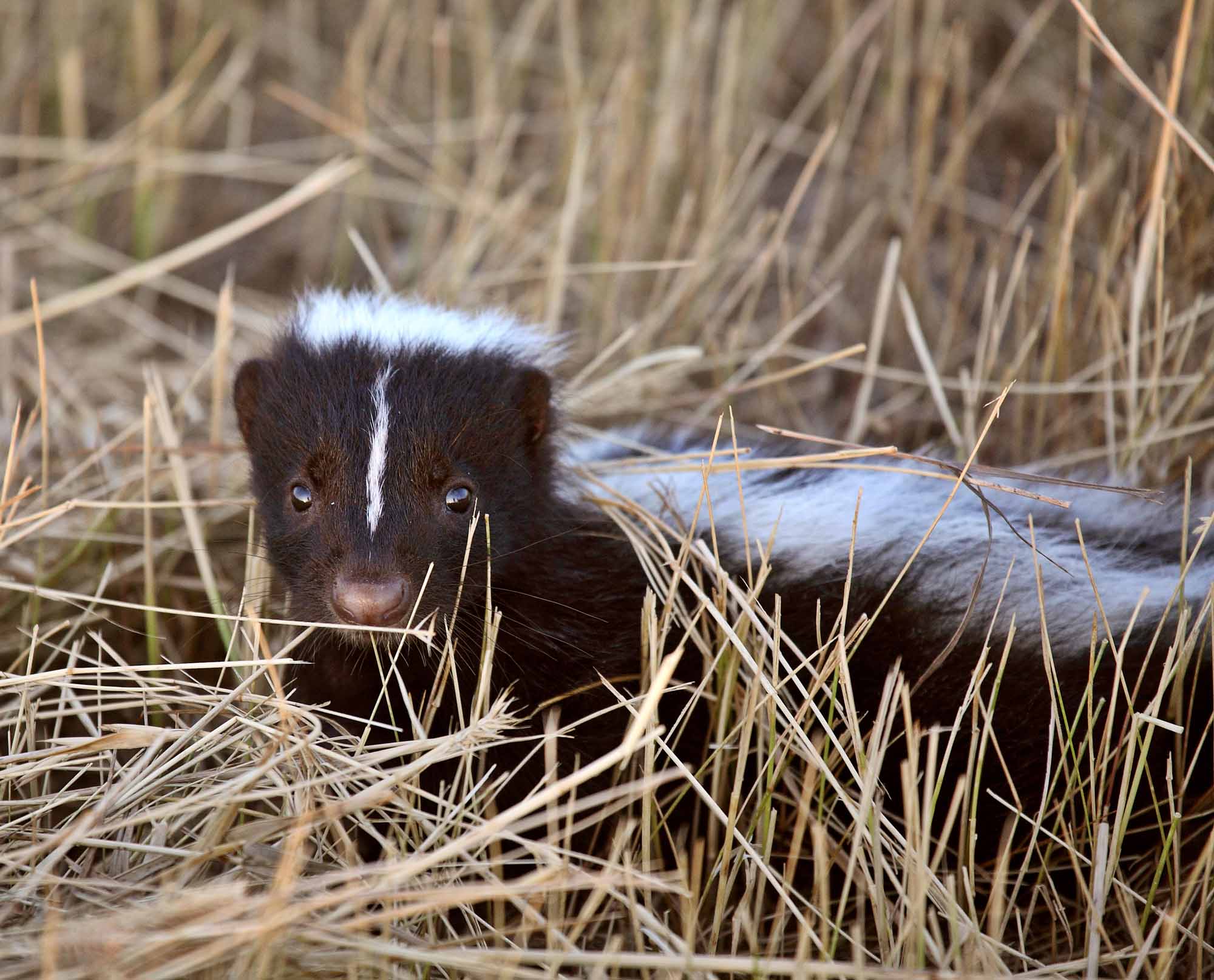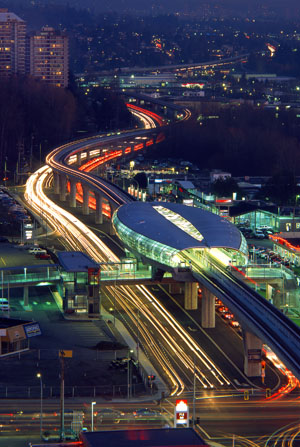Browse "Things"
-
Article
Sir William Ralph Meredith
Sir William Ralph Meredith, lawyer, judge, politician, educator, public servant (born 31 March 1840 in Westminster Township, Upper Canada; died 21 August 1923 in Montreal, QC). William Ralph Meredith had a long tenure as the opposition leader in the Ontario legislature, leading the provincial Conservatives to five consecutive defeats between 1879 and 1894 (see Conservative Party). His findings while conducting the Meredith Commission on workmen’s compensation between 1910 and 1913 resulted in reforms to labour legislation that formed the basis of Canada’s modern workers’ compensation system, which follows the “Meredith Principles.”
"https://d2ttikhf7xbzbs.cloudfront.net/sirwilliamralphmeredith/williamralphmeredith.jpg" // resources/views/front/categories/view.blade.php
https://d2ttikhf7xbzbs.cloudfront.net/sirwilliamralphmeredith/williamralphmeredith.jpg
-
Article
Sisterhood of St John the Divine
Sisterhood of St John the Divine, see CHRISTIAN RELIGIOUS COMMUNITIES.
"https://development.thecanadianencyclopedia.ca/images/tce_placeholder.jpg?v=e9dca980c9bdb3aa11e832e7ea94f5d9" // resources/views/front/categories/view.blade.php
https://development.thecanadianencyclopedia.ca/images/tce_placeholder.jpg?v=e9dca980c9bdb3aa11e832e7ea94f5d9
-
Article
Sisters of Providence
A female religious congregation founded in 1844 in Montréal by the widow Marie-Émilie Gamelin, née Tavernier, under the name of Daughters of Charity, Servants of the Poor (the present name has been in official usage since 1970).
"https://development.thecanadianencyclopedia.ca/images/tce_placeholder.jpg?v=e9dca980c9bdb3aa11e832e7ea94f5d9" // resources/views/front/categories/view.blade.php
https://development.thecanadianencyclopedia.ca/images/tce_placeholder.jpg?v=e9dca980c9bdb3aa11e832e7ea94f5d9
-
Article
Sisters of St Anne
Sisters of St Anne, a female religious congregation founded in 1850 in Vaudreuil, Qué, by the Servant of God Marie-Esther Sureau, dit Blondin (Mother Marie-Anne), for the education of young rural girls and some activities of mercy.
"https://development.thecanadianencyclopedia.ca/images/tce_placeholder.jpg?v=e9dca980c9bdb3aa11e832e7ea94f5d9" // resources/views/front/categories/view.blade.php
https://development.thecanadianencyclopedia.ca/images/tce_placeholder.jpg?v=e9dca980c9bdb3aa11e832e7ea94f5d9
-
Article
Sisters of St Joseph
In 1966, 6 Canadian congregations of Sisters of St Joseph (Hamilton, London, Pembroke, Peterborough, Sault Ste Marie, Toronto) working in the fields of education and health-care activities formed the Federation of the Sisters of St Joseph of Canada.
"https://development.thecanadianencyclopedia.ca/images/tce_placeholder.jpg?v=e9dca980c9bdb3aa11e832e7ea94f5d9" // resources/views/front/categories/view.blade.php
https://development.thecanadianencyclopedia.ca/images/tce_placeholder.jpg?v=e9dca980c9bdb3aa11e832e7ea94f5d9
-
Article
Sisters of the Holy Names of Jesus and Mary
Sisters of the Holy Names of Jesus and Mary, a religious congregation of women founded in LONGUEUIL, Québec, by the blessed Eulalie Durocher (Mother Marie-Rose) to educate young girls. The spirituality of the congregation is Ignatian (Jesuit).
"https://development.thecanadianencyclopedia.ca/images/tce_placeholder.jpg?v=e9dca980c9bdb3aa11e832e7ea94f5d9" // resources/views/front/categories/view.blade.php
https://development.thecanadianencyclopedia.ca/images/tce_placeholder.jpg?v=e9dca980c9bdb3aa11e832e7ea94f5d9
-
Article
Six Nations Pottery
Six Nations of the Grand River in Southern Ontario is the largest reserve community by population in Canada. It is the location for one of Canada’s largest cultural revitalization movements. During the mid-20th century, artist Elda “Bun” Smith began collecting pottery shards that she found throughout Six Nations. With the assistance of potter Tessa Kidick, Smith and other local potters helped to revitalise pottery on Six Nations. They influenced future generations of artists. Six Nations pottery is now one of the most collected ceramics in Canada. It features in gallery and museum collections around the world.
"https://d2ttikhf7xbzbs.cloudfront.net/SixNationsPottery/Steve-Smith-Talking-Earth-no-date-private-collection.jpg" // resources/views/front/categories/view.blade.php
https://d2ttikhf7xbzbs.cloudfront.net/SixNationsPottery/Steve-Smith-Talking-Earth-no-date-private-collection.jpg
-
Article
Sixties Scoop
The “Sixties Scoop” refers to the large-scale removal or “scooping” of Indigenous children from their homes, communities and families of birth through the 1960s, and their subsequent adoption into predominantly non-Indigenous, middle-class families across the United States and Canada. This experience left many adoptees with a lost sense of cultural identity. The physical and emotional separation from their birth families continues to affect adult adoptees and Indigenous communities to this day. This is the full-length entry about the Sixties Scoop. For a plain-language summary, please see Sixties Scoop (Plain-Language Summary).
"https://d2ttikhf7xbzbs.cloudfront.net/media/media/9fee628e-1ce5-4c82-9ebb-d5b2764b09c4.jpg" // resources/views/front/categories/view.blade.php
https://d2ttikhf7xbzbs.cloudfront.net/media/media/9fee628e-1ce5-4c82-9ebb-d5b2764b09c4.jpg
-
Article
Sixty Years On, Korean War Still Echoes
When is a war not a war? For the Korean War, the answer is not always clear. This year, 2013, marks the 60th anniversary of the ceasefire of a war that not everyone describes that way. It had ambiguous beginnings, more than 20 participating countries, and still no formal end. But some things are evident. This year, Historica Canada is commemorating this sometimes-forgotten but still-resonant period of our recent history, and Canada’s role therein. Our country sent more than 26,000 members of our military to the Korean “theatre.” More than 500 Canadians died, and another 1,000 were wounded; 32 became prisoners of war.
"https://development.thecanadianencyclopedia.ca/images/tce_placeholder.jpg?v=e9dca980c9bdb3aa11e832e7ea94f5d9" // resources/views/front/categories/view.blade.php
https://development.thecanadianencyclopedia.ca/images/tce_placeholder.jpg?v=e9dca980c9bdb3aa11e832e7ea94f5d9
-
Article
Ski Jumping
Although informal ski jumping had taken place for decades, the first officially measured jump (30.5 m) was made by Sondre Norheim in Norway in 1860. About 20 years later, Scandinavian miners and lumbermen brought the sport to western Canada, where it flourished.
"https://development.thecanadianencyclopedia.ca/images/tce_placeholder.jpg?v=e9dca980c9bdb3aa11e832e7ea94f5d9" // resources/views/front/categories/view.blade.php
https://development.thecanadianencyclopedia.ca/images/tce_placeholder.jpg?v=e9dca980c9bdb3aa11e832e7ea94f5d9
-
Article
Alpine Skiing
The birth of modern skiing in North America, nearly 1000 years later, can be credited to their direct descendants.
"https://d2ttikhf7xbzbs.cloudfront.net/media/media/422e8bec-0d3c-48b7-b19e-f4fd6cfaaa96.jpg" // resources/views/front/categories/view.blade.php
https://d2ttikhf7xbzbs.cloudfront.net/media/media/422e8bec-0d3c-48b7-b19e-f4fd6cfaaa96.jpg
-
Article
Cross-Country Skiing
Cross-country skiing is a derivative of skiing, whereby participants glide horizontally on a snow surface. In Canada, cross-country skiing has evolved from a means of winter transportation to a form of recreation enjoyed by nearly 4 million Canadians. For a few elite athletes, cross-country skiing provides an opportunity to compete at the Olympic level.
"https://d2ttikhf7xbzbs.cloudfront.net/media/media/c643faf9-957d-4927-8655-614dd850cf68.jpg" // resources/views/front/categories/view.blade.php
https://d2ttikhf7xbzbs.cloudfront.net/media/media/c643faf9-957d-4927-8655-614dd850cf68.jpg
-
Article
Skunk
The skunk is a carnivorous, cat-sized mammal. Skunks were previously considered as part of the weasel family (Mustelidae) but DNA research has placed them in their own family, Mephitidae.
"https://d2ttikhf7xbzbs.cloudfront.net/media/media/034d1f13-755b-489b-ae6b-2f6912611488.jpg" // resources/views/front/categories/view.blade.php
https://d2ttikhf7xbzbs.cloudfront.net/media/media/034d1f13-755b-489b-ae6b-2f6912611488.jpg
-
Article
Sky
The sky appears its deepest blue when the air is dry and clean. Water vapour and dust scatter all colours of light, causing the blue to appear washed-out and pale.
"https://development.thecanadianencyclopedia.ca/images/tce_placeholder.jpg?v=e9dca980c9bdb3aa11e832e7ea94f5d9" // resources/views/front/categories/view.blade.php
https://development.thecanadianencyclopedia.ca/images/tce_placeholder.jpg?v=e9dca980c9bdb3aa11e832e7ea94f5d9
-
Article
SkyTrain
The SkyTrain is the rapid transit rail system serving Metro Vancouver, British Columbia. It uses mostly Advanced Light Rapid Transit (ALRT) technology, an automated rail system that operates mainly on a raised guideway, although some sections run underground or at street level. Regular service began 3 January 1986. The SkyTrain’s opening coincided with Expo 86, the world’s fair hosted by Vancouver as part of its 100th anniversary celebrations. The system is run by TransLink, the provincial transit agency for the South Coast of British Columbia. It was the world’s first driverless urban rail system. Now, it is one of the longest fully automated rapid transit systems in the world. The SkyTrain has three lines connecting 53 stations in seven municipalities. In 2018, it had more than 495,000 boardings per weekday, on average.
"https://d2ttikhf7xbzbs.cloudfront.net/media/media/82bd1d11-dffa-4919-8590-ae9ea87a523c.jpg" // resources/views/front/categories/view.blade.php
https://d2ttikhf7xbzbs.cloudfront.net/media/media/82bd1d11-dffa-4919-8590-ae9ea87a523c.jpg
